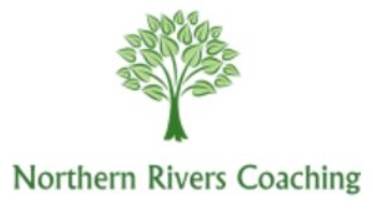Anxiety? Try getting back to nature for a bit.....
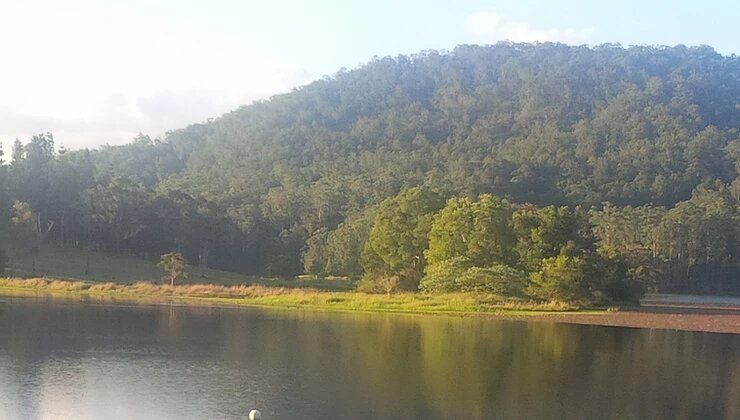
What if you knew in your heart that nothing out there intended to hurt or harm you? How would that feel?
Anxiety, in the face of a real danger or threat, is a very good thing indeed. Our blood changes, our heart rate increases, our senses become heightened and our body transforms itself into a high performance machine, capable of running faster, fighting more ferociously, lifting heavier things, or even hiding quietly sometimes.
We can use anxiety before a big performance like a presentation, interview, or sporting contest to "psych ourselves up" and deliver an outstanding larger than life performance. Anxiety can in fact be a very good thing and extremely helpful to our survival.
However many of us (close to 15% of Australians) will experience an episode of an anxiety disorder this year. It's the most common diagnosable mental illness by a long way - more than double the prevalence of depression. And many more of us will experience something similar - not quite diagnosable, but still scary symptoms of a racing heart, shivery feelings, overwhelming fear, sweating, dizziness and generally feeling terrible. The difference with an anxiety disorder is that there is no threat or danger present - things just become scary and unmanageable. Often to the point where we run, hide, freeze, avoid, procrastinate, get in trouble at work, or become simply exhausted and unable to function.
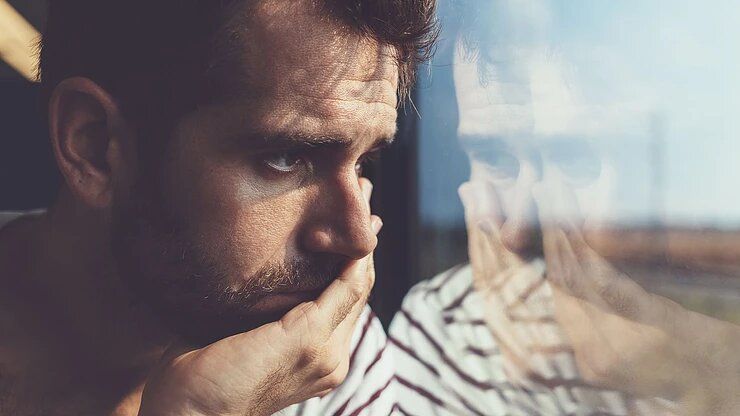
Fortunately, anxiety disorders are very easy to diagnose, they are so common and natural that there is no need to feel any stigma or shame about having one, and they are able to be treated very successfully. Treatment usually involves some regular sessions with a psychologist or counsellor who will teach very specific skills to help you to manage and calm these awful symptoms, and often medication is helpful to get you into a state of readiness for your therapy sessions - which are more like personal training sessions for your mind.
Once treatment and recovery are underway, there are some very enjoyable lifestyle options that will help you to feel a lot better. One way in particular is getting back to nature - visiting the bush, a park, the beach, or the countryside. In the evening, candlelight or the flicker of a campfire or open fire can be very restful because of the melatonin that gets stimulated within us, which helps us to sleep (unlike phone screens or tablets).
Camping in the outdoors offers us both these options and there is a wonderful benefit to doing this. You realise gradually that there is nothing out there that really wants to deliberately hurt or harm you - in fact most creatures in the bush would be quite happy to stay away from you provided you don't disturb them. The feeling of being exposed in the outdoors, but safe and comfortable, is something everyone should experience.
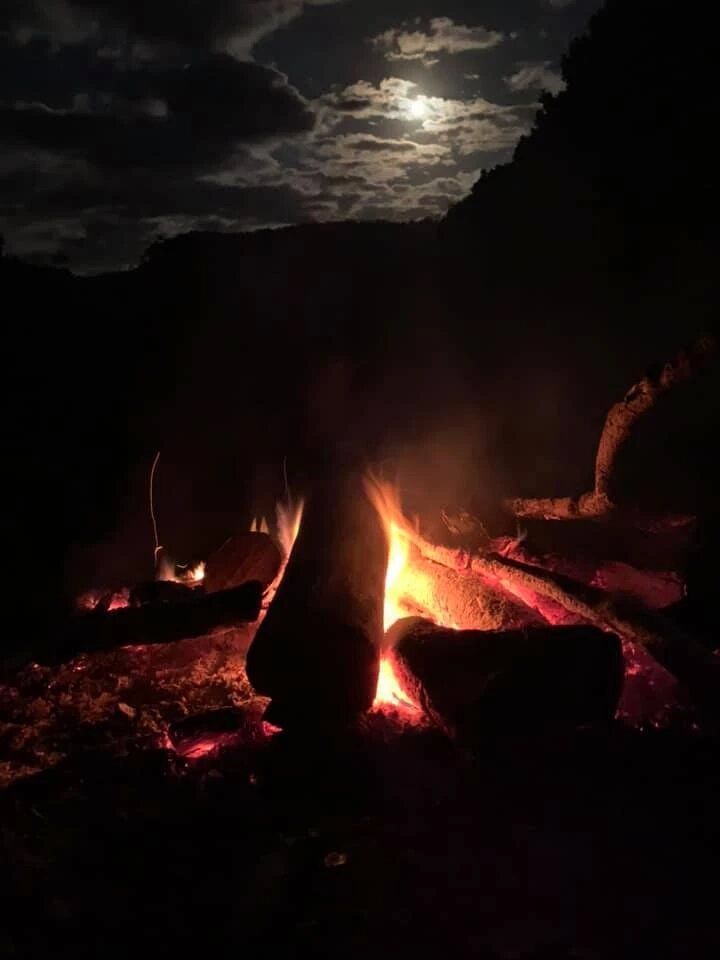
There are of course some basic ground rules for staying safe in the bush and around fires, but if we apply our conscious "wise mind" and seek the support of others if we lack experience, generally we will be safe and secure. For those who live with anxiety problems, this is a very helpful practice, coming back to "wise mind" and experiencing how it feels to manage those unhelpful feelings of fear and dread, while you calm the mind.
The other night we lit one of our burn piles at the property when we had some great friends staying with us for the weekend. The neighbours came over to join us and it was a really fun night. At some point I ventured off to a dark area of the paddock to collect some logs for the fire, where we had stacked them after some tree lopping a few years earlier. As I approached the logs I started to become fearful that maybe I would disturb a snake and that I might get bitten in the dark. As I carefully rolled away each log, I checked to make sure I wasn't disturbing anything. I checked each log before picking them up and returning to the fire. Fortunately, no reptile revealed itself - truthfully they probably weren't even there in the first place.
As someone who suffers occasionally from anxiety, it was a great feeling for me returning to the fire, grateful for my friends and neighbours, the full moon lighting up the night sky and the fact that I had managed a little fear and anxiety, by focusing on being fully present and conscious in the moment while I carefully removed the logs from the pile. The affirmation or acknowledgement of gratitude for "right now, I am out in the open at night in front of a fire with good friends, a beautiful night, and nothing presently wishes to harm or hurt me" seemed appropriate to reflect on.
In our anxious, waking lives, much energy is wasted on perceived enemies, threats and dangers which we create in our minds. Mindfulness is a great helper in reducing this wasted energy, and there are not too many better places to practice mindfulness than out in nature. Next time you go for a walk on the beach or out in the bush, try practising this affirmation and see how it feels. "Right now, nothing around me presently wishes to harm or hurt me. I am safe and secure, enjoying my moment experiencing the natural environment". I hope this helps. And if you have been thinking about seeing someone to help you with anxious feelings for a while, why not pick up the phone to a counsellor or your GP for a chat about things. You won't regret it.
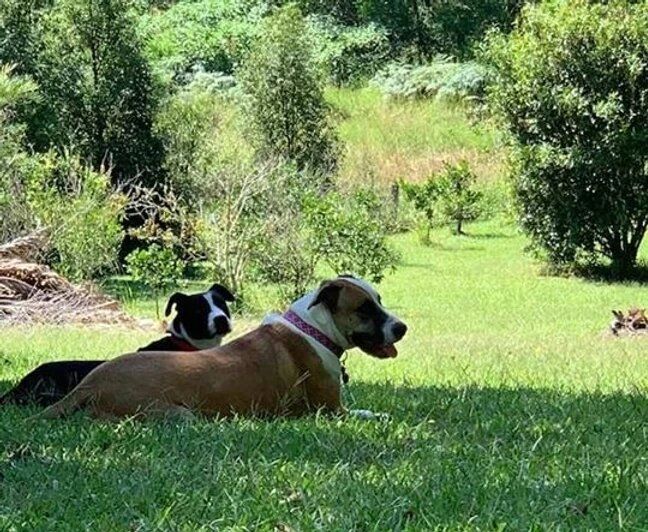
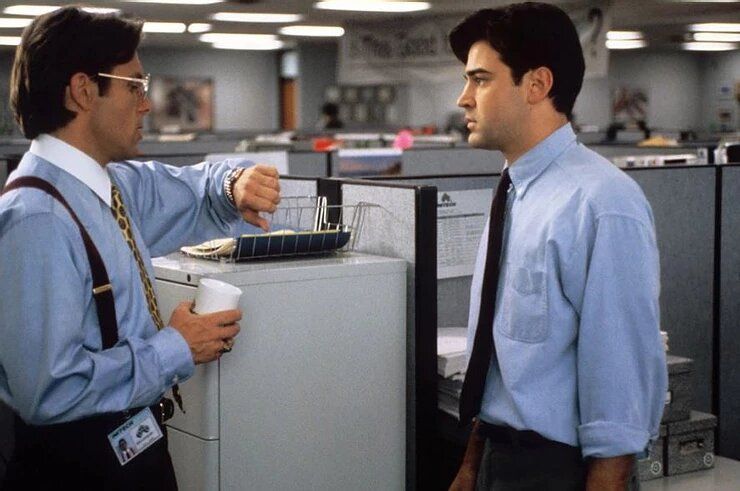
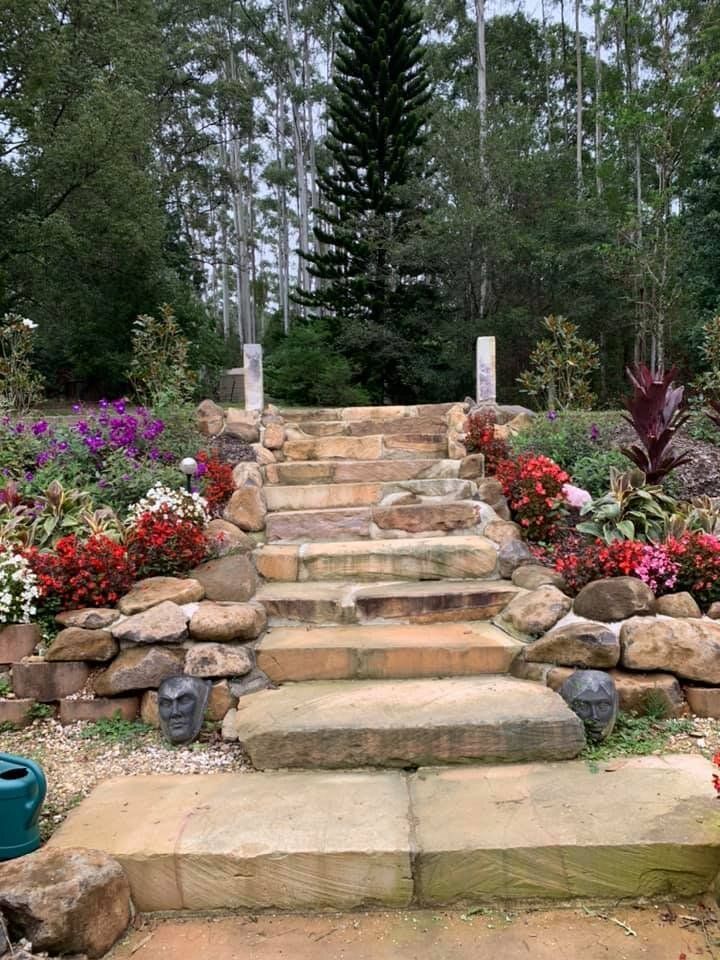
QUICK LINKS
TRADING HOURS
- Monday
- -
- Tuesday
- -
- Wednesday
- -
- Thursday
- -
- Friday
- -
- Saturday
- Closed
- Sunday
- Closed
